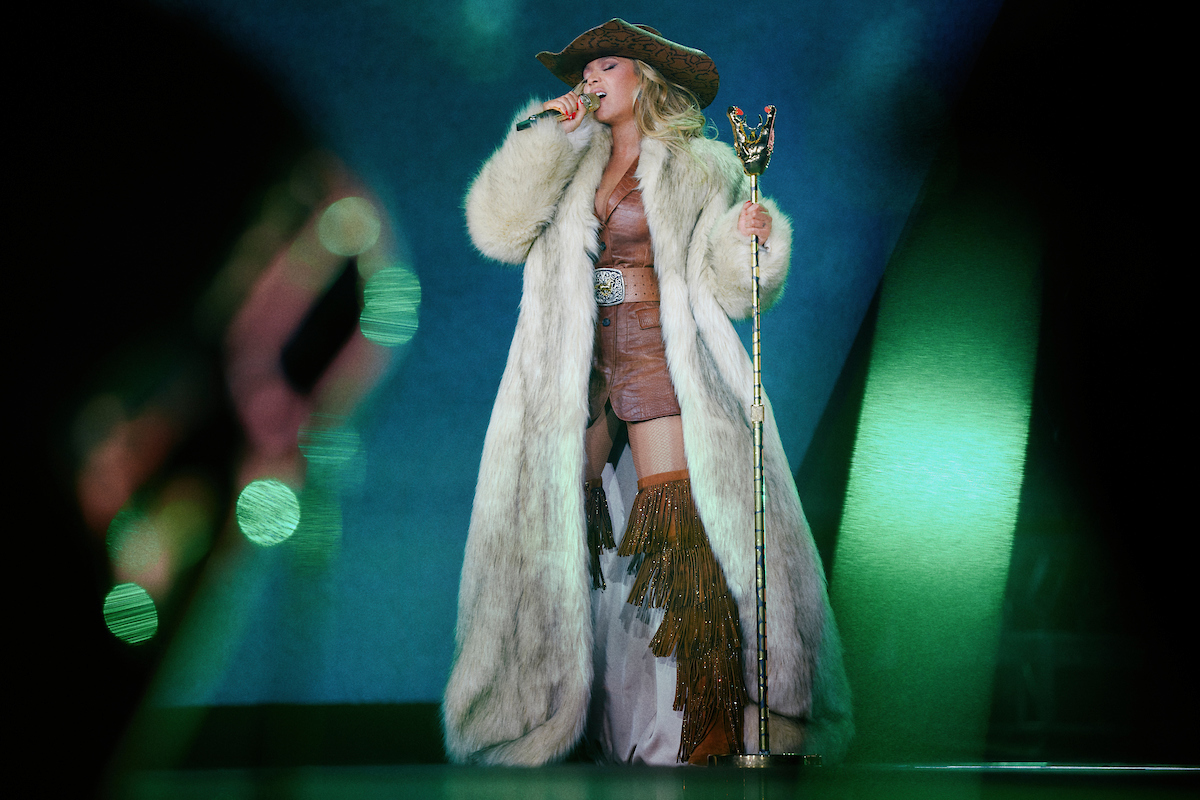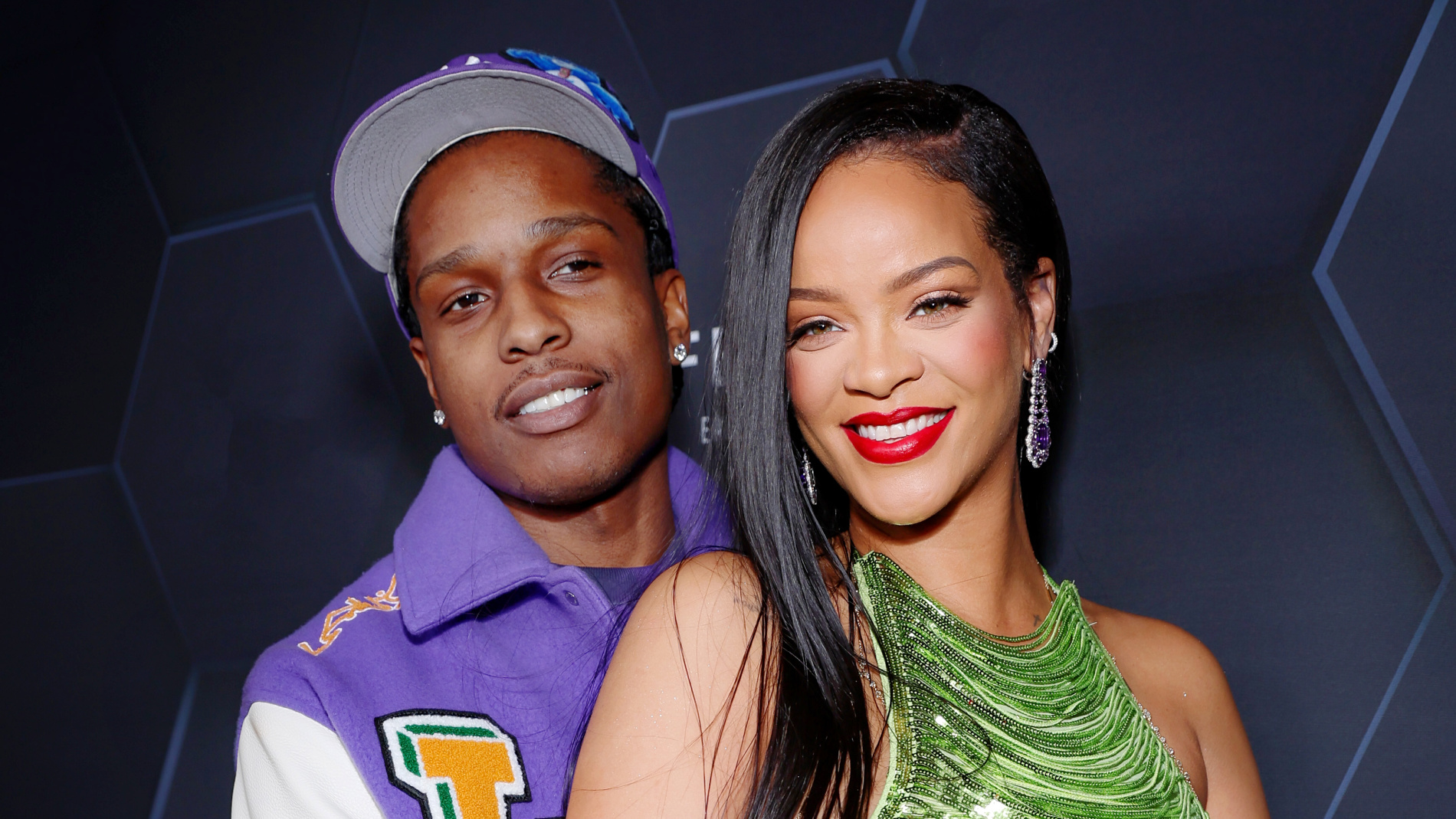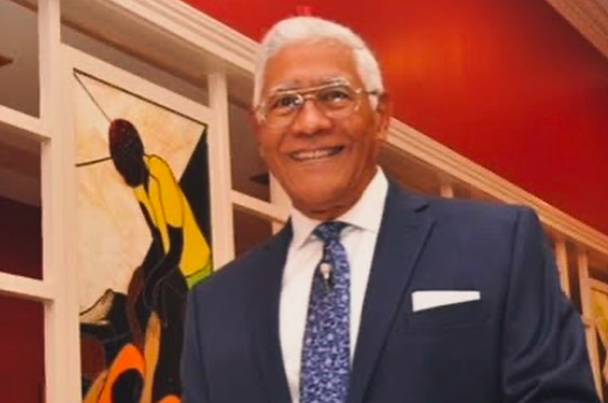
Beyoncé is an overachiever.
She literally does the most: she writes, sings, arranges, directs, produces, and executive produces. She envisions. She takes up space, and she outworks everybody. In peak Virgo fashion, she is addicted to excellence. I do not, however, ascribe the often overly thrown about descriptor of “fearless” to her. Perhaps an unpopular opinion, but I think calling women “fearless” is akin to calling them “Superwoman.” The label prevents us from conquering fears we actually have; it promotes suppressing the prohibitive or subtractive parts of us that we ought to confront and dismantle. Is she unafraid? Absolutely–but as otherworldly as she is, she makes the case with each new body of work that she is human. Beyoncé isn’t fearless. Nah. Unlike the fear that most of us carry, hers doesn’t rest in the realm of doing. I believe that for her, it lives in not going after what has yet to be done.
She’s been pushing past limits since she hit the double digits; she’s default set on uncomfortable. If I had to guess when, I’d wager that she evicted fears of success and fears of failure back when she secretly recorded B’Day in three weeks at Sony Studios. As the inventor of the visual album and the surprise digital drop, she matriculated from veteran to titan of the music business.
For two of her three decades in the game, she’s added the roles of wife and mother. At one time, there was doubt as to whether a woman in music could be King. Lemonade and the Formation World Tour changed that: Beyoncé assumed her rightful place as the undisputed inheritor of the crown as the world’s greatest living entertainer. When I covered that tour, I called her “King Bey.” The moniker custom fit, and she worked it into “Cozy,” her intoxicating hit from Renaissance: Act I.
With 35 Grammy wins out of a staggering, record-breaking 99 nominations, career-defining Super Bowl and Coachella performances, two acclaimed concert documentaries, a Peabody Award and nothing left to prove, all there is left to do…is whatever she damn well pleases.
With Cowboy Carter, she’s here to get everything she came for: namely, her place in the continuum of country music on the shoulders of its oft-ignored and exploited Black pioneers. This album is a reclamation of the genre that is her birthright; its controversial success reclaims the genre on behalf of trailblazing women like Linda Martell, the first Black woman to take the Grand Ole Opry stage.
RELATED CONTENT: Beyoncé’s Delivers Stunning ‘Cowboy Carter’ Netflix Halftime Show — 14 Hilarious Social Media Reactions







